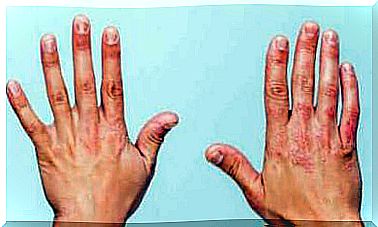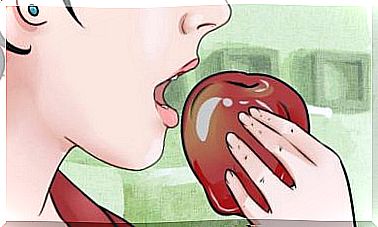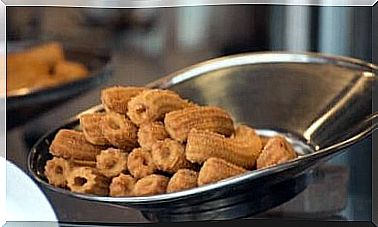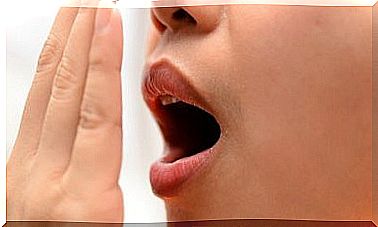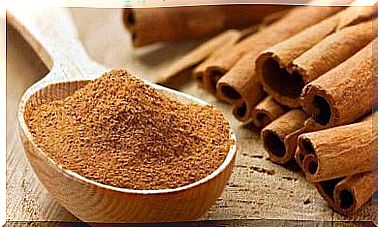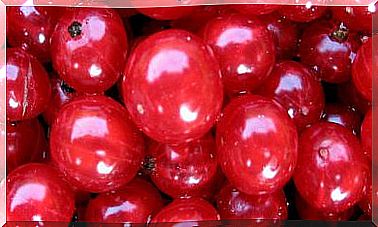3 Natural Pain Relievers To Relieve Severe Migraine Pain

Migraine is one of the most common conditions present in society. Many people suffer from the discomfort caused by this problem every day and must deal with severe pain accompanied by vomiting.
This headache appears at any time and prevents you from performing normal daily activities. In this article, we’ll talk a little more about this condition and offer natural alternatives that will help you fight migraines at home.
Causes
Next, we’ll talk about the reason for this condition, as there are many factors that can lead to this problem:
- Consumption of caffeine, foods rich in monosodium glutamate and meats rich in nitrates.
- Excessive heat and changes in atmospheric pressure, especially low pressures, can also act as triggers.
- Some strong smells.
- Toxic habits such as alcohol and tobacco consumption.
- In many cases, lack of sleep and sometimes excessive sleep can trigger an attack.
We must be aware that a healthy diet and a routine accompanied by good habits are essential to enjoy good health.
Symptoms
We can talk about two types of migraine: chronic and sporadic. The first occurs when you have migraine for more than 15 days a month and for more than three months, while the sporadic average is usually around 3 times a month.
Next, we’ll talk about the migraine aura, which appears even before intense pain. Pay close attention:
- In migraine, visual changes are very frequent, such as glare, photophobia or tunnel vision.
- You can also produce blind spots (scotomas) or see stars, flashing zigzag lights (phosphenes), and more.
- Change in sensation in the extremities, such as tingling or numbness.
- Feeling of pasty tongue or difficulty in articulating words.

Among other symptoms, the patient with migraine presents:
- Vertigo
- Nausea
- Drowsiness or tendency to sleep
- difficulty concentrating
Natural Remedies for Migraine Symptoms
When symptoms appear, it is very important to see a specialist, as each patient may need a different treatment. Next, we’ll introduce you to natural pain relievers that will help you fight these symptoms, and that will be excellent complements to any treatment for this problem.
1. Ginger and lemon infusion for migraine
Ginger contains an active substance known as gingerol, which gives it analgesic and anti-inflammatory properties. This, together with the nutrients in lemon, helps to relax blood vessels, controlling severe headaches.
Ingredients
- 1 cup of water (250 ml)
- 1 teaspoon of grated ginger root (5 g)
- the ½ lemon juice
Preparation
- Boil the glass of water.
- When it comes to a boil, add the teaspoon of ginger and leave for another two minutes.
- Remove from heat, add lemon and let stand.
- It is recommended to take two to three times a day while it is still hot.
2. Chamomile and honey for migraine

The analgesic and anti-inflammatory effects of chamomile flowers can ease the tension caused by migraines. This mixture restores blood circulation and, by improving the cellular oxygenation process, reduces the inflammation that causes headaches.
Ingredients
- 1 tablespoon of chamomile flowers (15 g)
- 1 cup of water (250 ml)
- ½ tablespoon of honey (12 g)
Preparation
- Heat the water along with the chamomile flowers until it boils.
- Remove from heat and let it rest.
- Strain and sweeten with a spoonful of honey.
- It is recommended to drink while it is still warm, twice a day.
3. Herb infusion for migraine
St. Mary’s wort is not as popular as other plants, however, it is an analgesic and sedative ingredient that can lessen the severe pain caused by this condition. It can be purchased from herbalists, and best of all, it can be used occasionally as a preventive method.
Ingredients
- 1 cup of water (250 ml)
- 1 tablespoon of St. Mary’s wort (15 g)
Preparation
- Heat the water and, when it is boiling, add the yerba-de-santa-maria and let it steep until it boils again.
- Remove from heat and let it rest.
- It is recommended to drink while it is still hot, before each meal.
One thing you should be aware of is that the situation gets worse with physical activity. So, rest will be a fundamental part of treating this uncomfortable condition.
